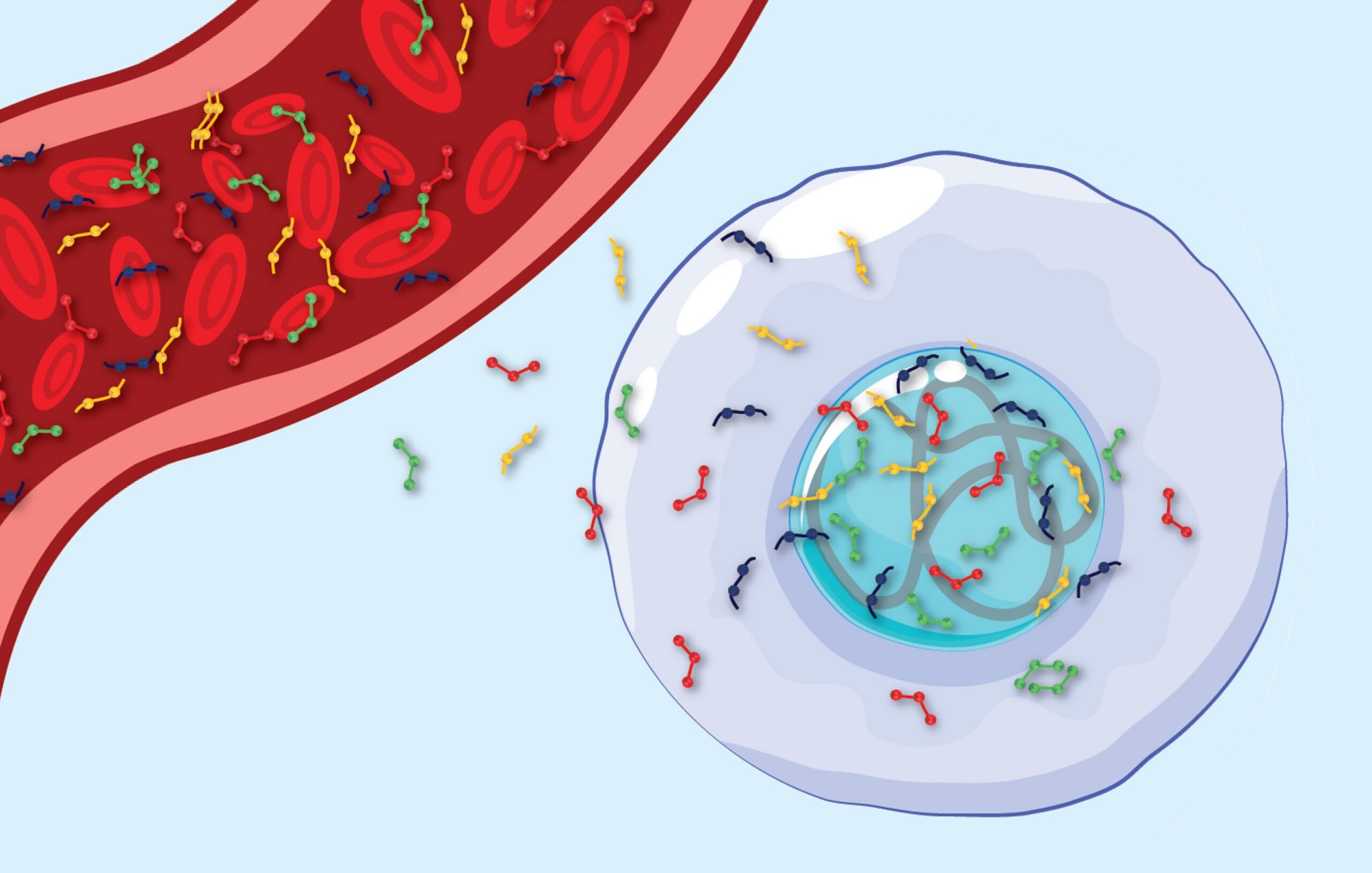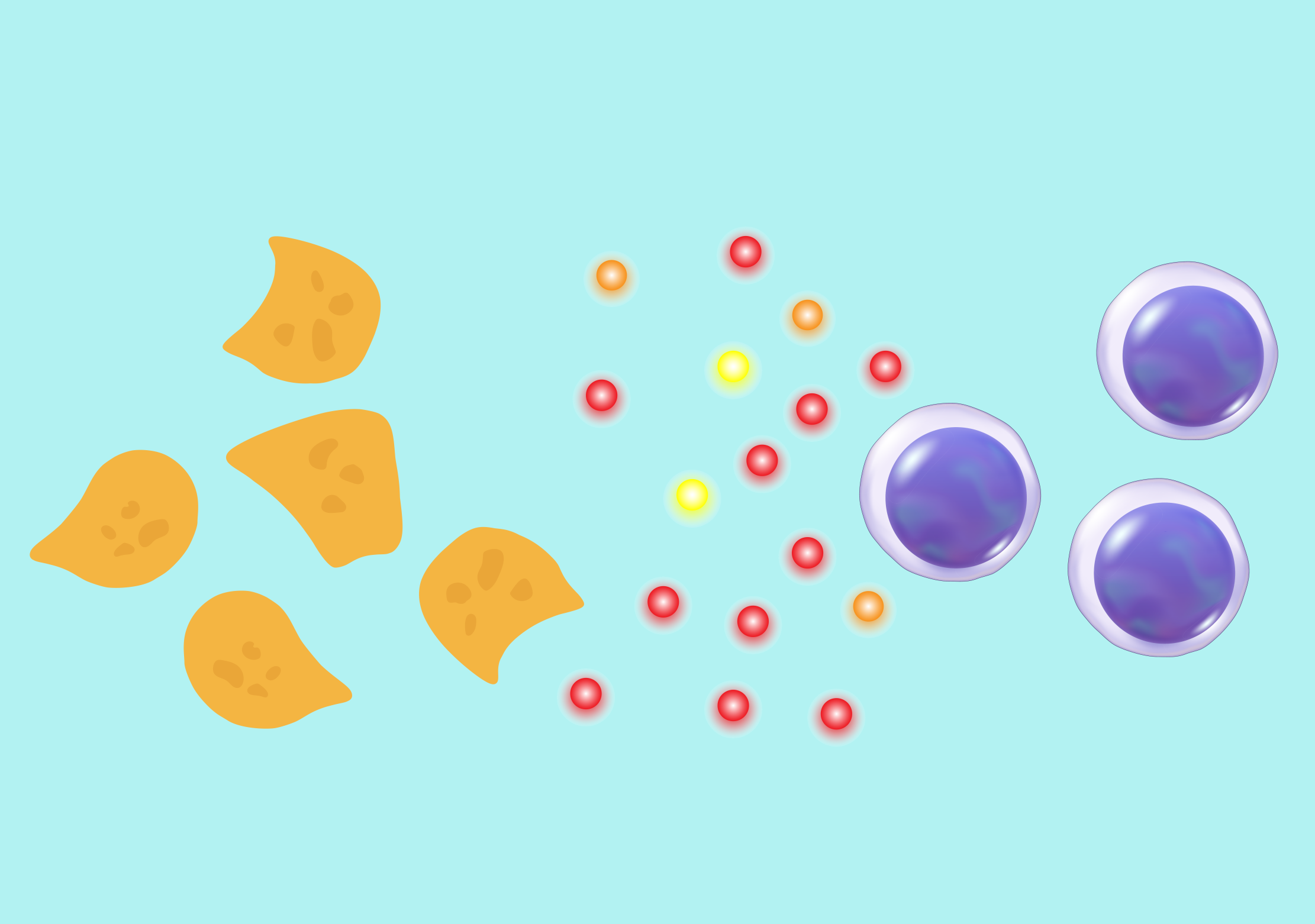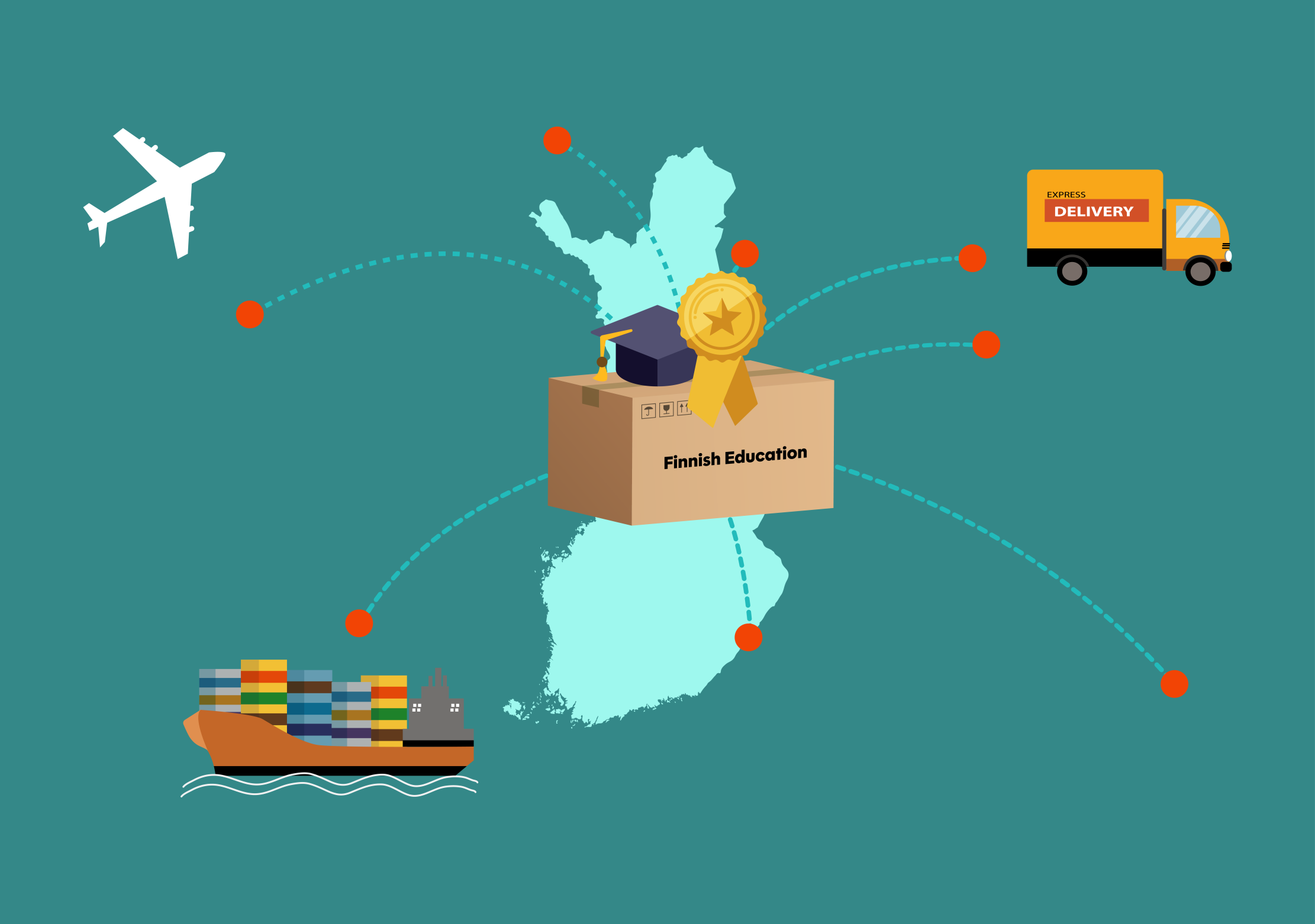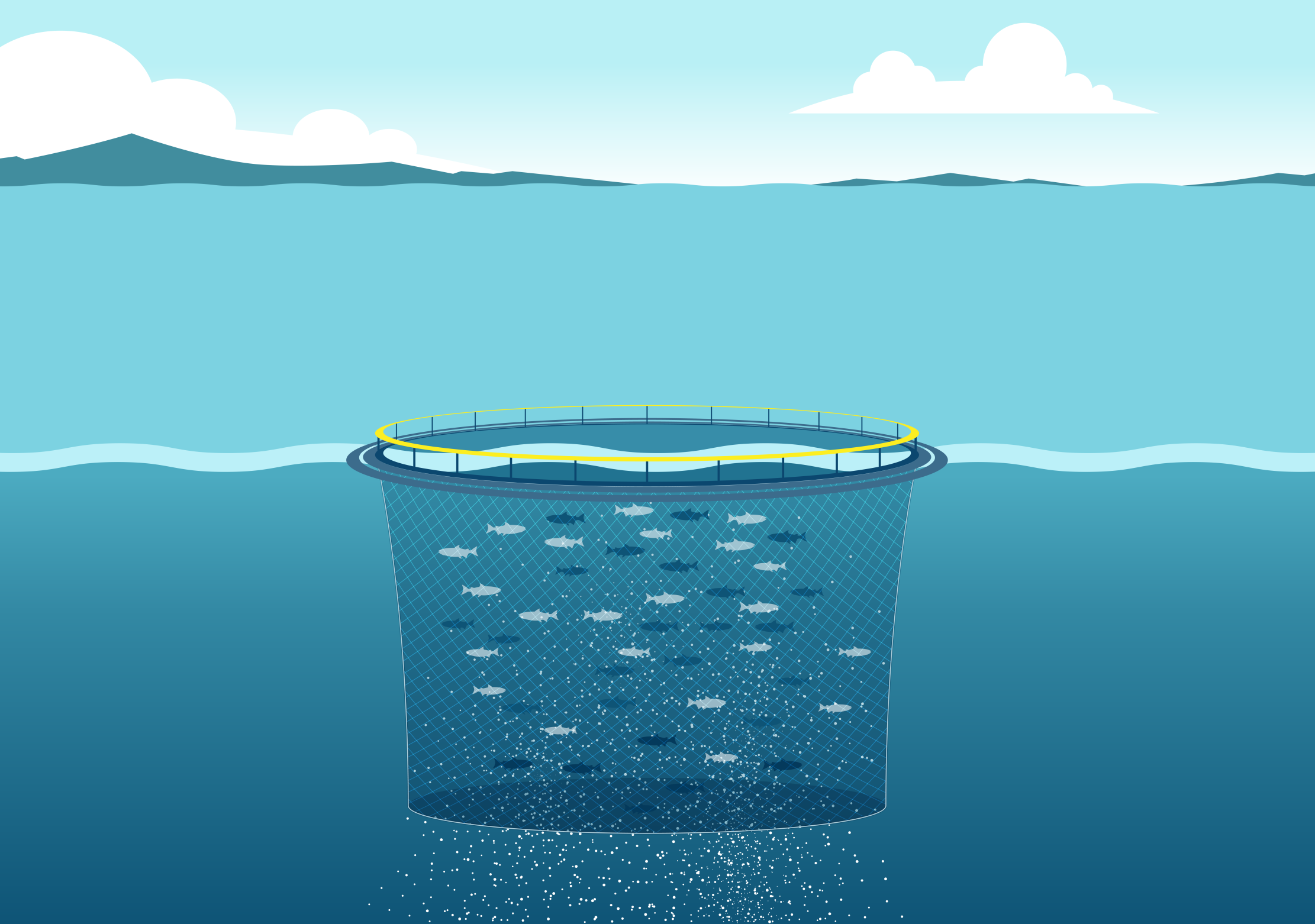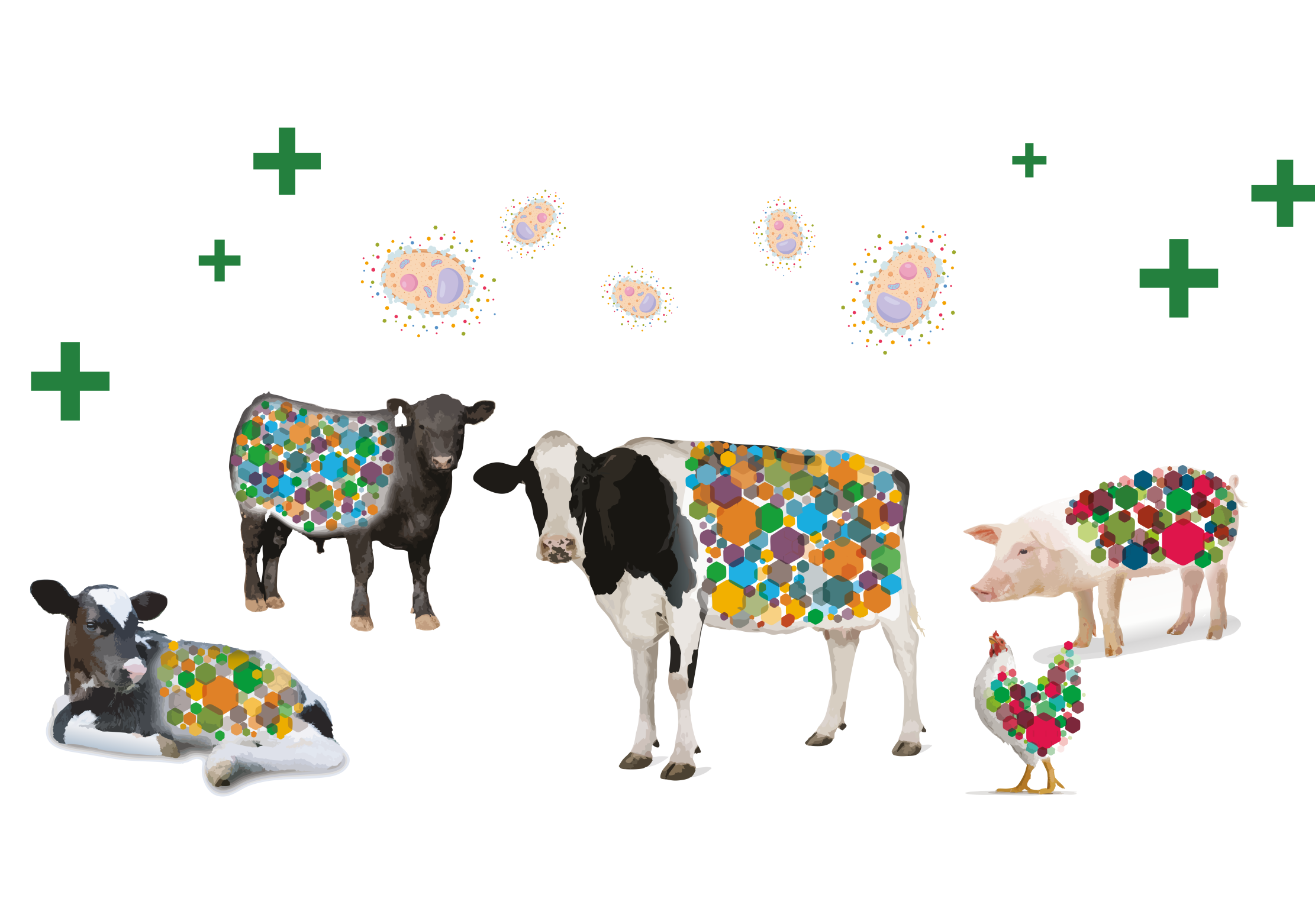Biobanking, which describes the collection, storage and sharing of human biological samples and data, has become essential to medical research. Biobanks are central to various types of scientific work, including cancer research, vaccine development and genetic studies. As the field of biobanking grows, so do various ethical, legal and political challenges. Anna Holzscheiter and Maria Weickardt Soares at TU Dresden have extensively analysed these complexities, focusing on how international organisations address contentious issues surrounding biobanking. Read More
In a recent paper, they explore how debates about biobanking have unfolded within international organisations such as the EU, the World Health Organization and UNESCO. While these organisations recognise the value of biobanking for global health, they have struggled to establish cohesive regulations to govern it. Their analysis highlights a lack of global standards, which leaves biobanking practices vulnerable to exploitation, particularly when ethical oversight is unequal between different countries and regions.
A key focus of the work by Holzscheiter and Weickardt Soares is how human rights concerns have politicised debates about biobanking. They map how these discussions have evolved from the mid-1990s, when biobanking was mainly viewed through the lens of medical research to the present day, where privacy, consent, and equitable access dominate the conversation. Human rights-based approaches often conflict with the demands of scientific progress and commercial interests, leading to tensions that shape international policymaking in this field.
Holzscheiter and Weickardt Soares also delve into the power imbalances that characterise biobanking governance. Biobanks have historically been dominated by actors in Europe and North America, with limited input from the Global South. Their paper amplifies the voices of marginalised regions, highlighting how actors in the Global South are demanding ethical practices, and recognition of their contributions to biobanking.
For example, Holzscheiter and Weickardt Soares highlight the growing resistance to ‘biocolonialism’, where resources are extracted from less-developed regions without equitable returns. They document how these demands have begun to challenge the dominance of wealthier nations in setting the agenda for biobanking governance in recent years.
The team’s use of discourse-network analysis enables them to track the emergence of policy frames around biobanking. By analysing decades of international debates, they shed light on the fragmentation and diversification of biobanking policies, offering a comprehensive view of how this field has become a politically charged domain.
Their paper not only identifies the ethical and legal gaps in current practices, but also provides a roadmap for creating equitable policies. By advocating for stronger international cooperation and a commitment to human rights, their work lays the groundwork for a biobanking system that balances innovation with justice and accountability.


